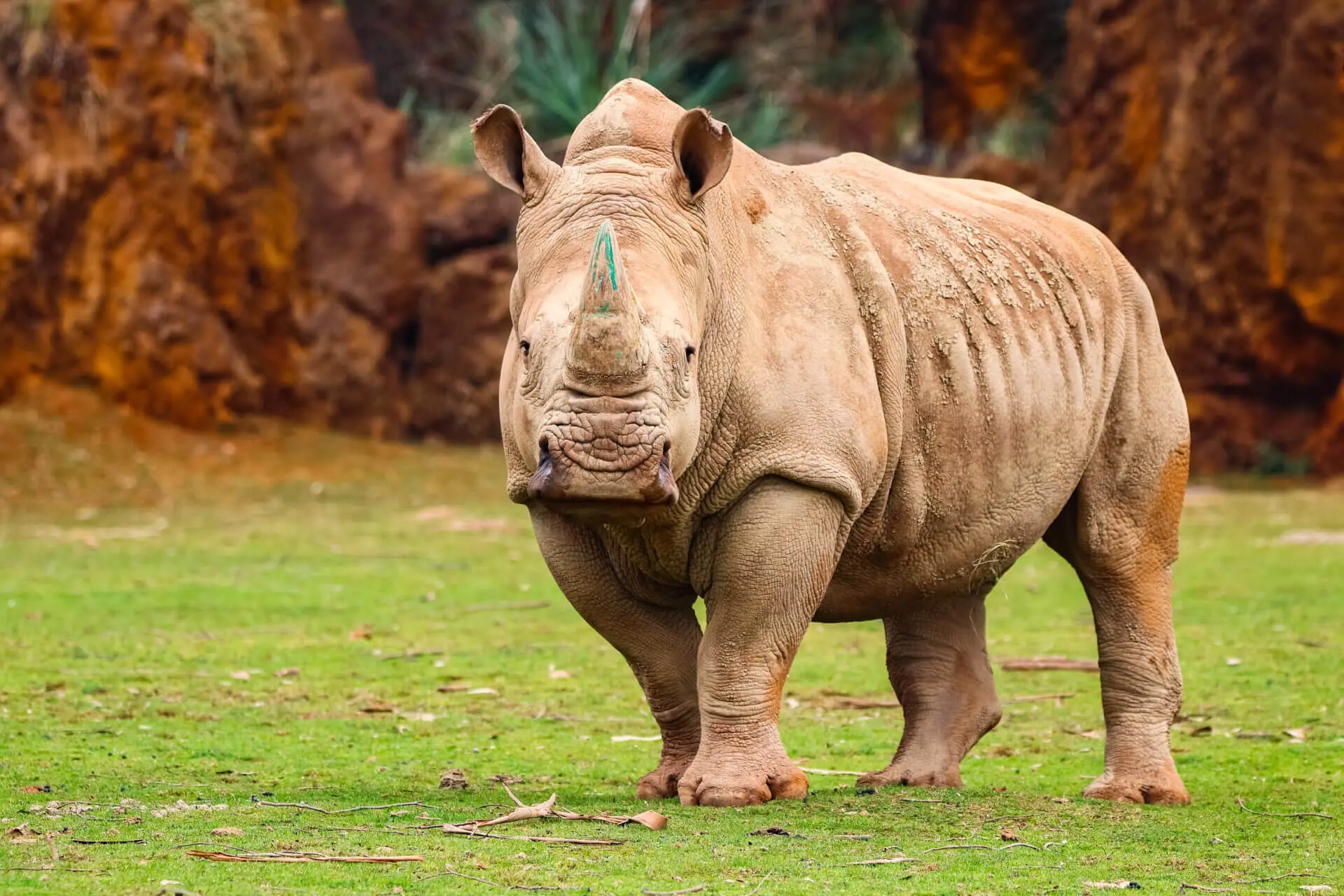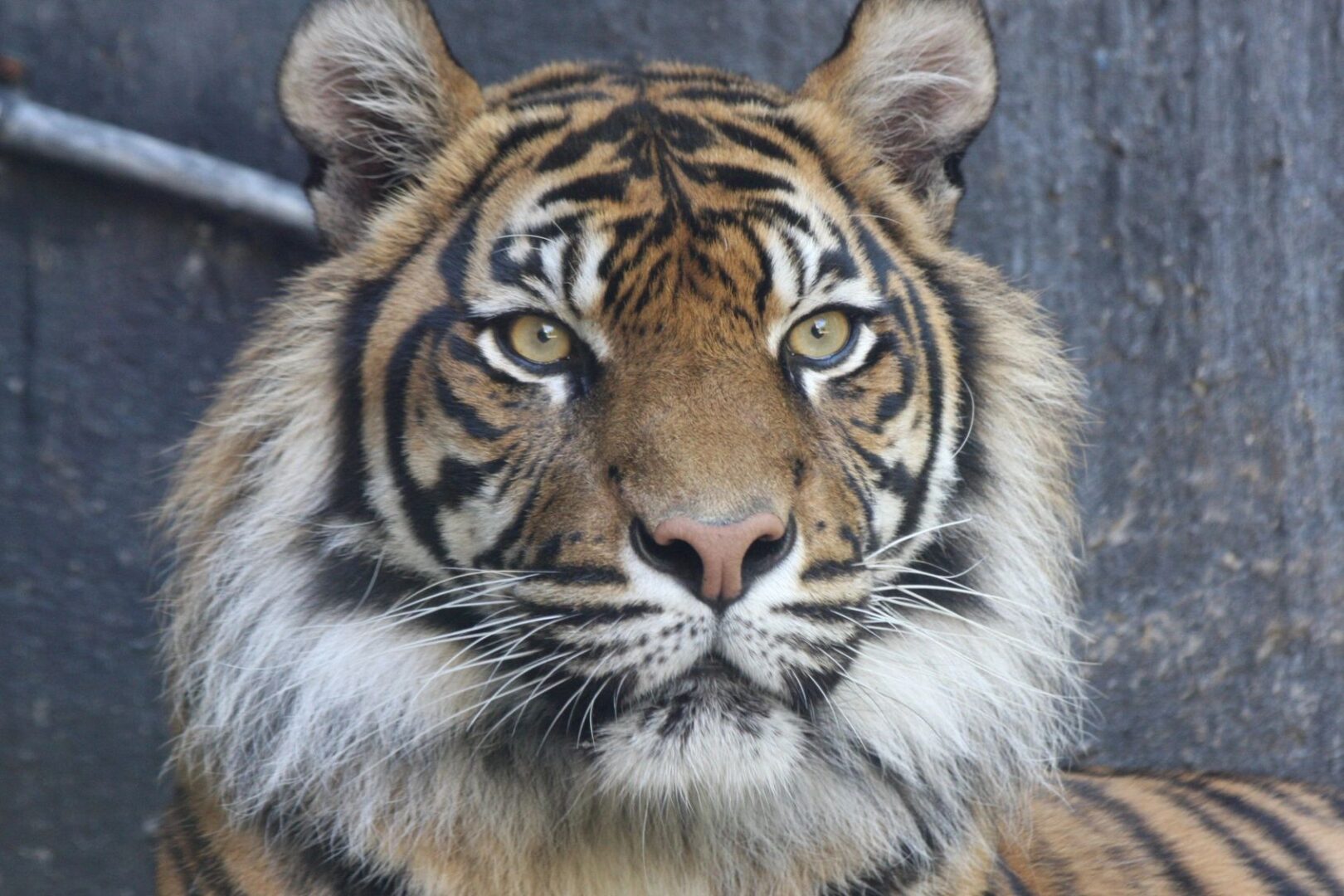Association for the Protection of Endangered Species
The fight for global conservation faces many challenges, particularly in preventing the extinction of endangered species. If humanity can successfully protect these animals, we may discover a path to preserving our own future.
The African Leopard Project (ALP)
Based in South Africa’s KwaZulu-Natal Province, the African Leopard Project (ALP) is led by Dr. Luke Hunter of the Wildlife Conservation Society. This initiative studies the critical threats facing leopards and explores effective conservation strategies. Learn more about their efforts at http://www.wildaboutcats.org/internship.htm.

Global Extinction Association & Conservation Efforts
The Global Extinction Association collaborates with programs like ALP while closely monitoring breeding initiatives in zoos and national parks worldwide. These programs play a vital role in species survival by ensuring genetic diversity and population stability.

The Impact of Traditional Chinese Medicine (TCM) on Endangered Species
Traditional Chinese Medicine (TCM), one of the world’s oldest healing practices, has had devastating consequences for endangered wildlife. Many species on the brink of extinction—such as tigers, bears, and rare antelope—are relentlessly hunted for their body parts to meet the demand for TCM remedies. Reports suggest that organized poaching networks operate globally, targeting vulnerable animals in remote regions from Russia’s wilderness to the planet’s rainforests.
In Beijing and other cities, it is not uncommon to find illicit wildlife products—such as tiger bones, fangs, and bear bile—sold openly despite conservation laws.
Education: A Key to Change
Education is a powerful tool in combating wildlife exploitation. As China undergoes rapid urbanization and generational shifts, there is hope that younger populations will reject the use of endangered species in TCM. Expanding access to educational resources—such as Chinese-language programming from Animal Planet and National Geographic—could play a crucial role in raising awareness and fostering a culture of conservation.
Together, through education, conservation programs, and global cooperation, we can work toward a future where endangered species are protected, not poached.

